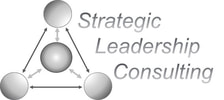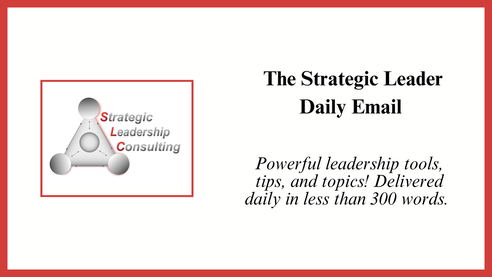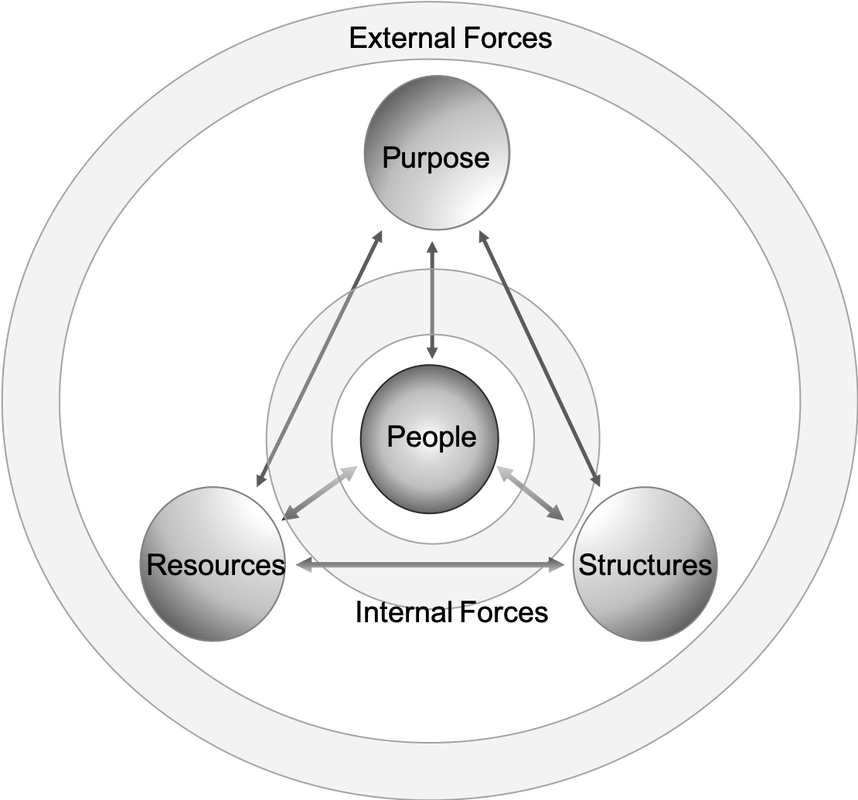|
Colleagues,
Yes, they can! Yesterday, I shared a list of leadership questions that my 21-year old daughter gave me, and I challenged you to make meaning from the list. I saw two powerful themes in her questions, both of which give me optimism:
Think about this. Do we have a generation of young people coming into the workforce who see leadership as part of the job? Do they view leadership as something we should all own together? Implicit in these questions is the idea that leadership can and should take many forms, and that it should be accessible to more people. We live in a time when our previous ways of leading may not work as well. Should we take some time to play with some ideas about what leadership can look like? For me the answer is yes. I hope you’ll share in this journey. It begins tomorrow. Do good and be well, Frederick
0 Comments
Colleagues,
As you might imagine, we talk a lot about leadership in my family. My daughter Mara, a senior at Appalachian State University, actually has been reviewing and scheduling these daily emails since July. As part of that work she reads these emails every day and sometimes they raise more questions than they answer. She recently shared with me a long list of questions about leadership. Over the next couple of weeks, I’ll address some of them, but today I want to share the full list. It is worth your time to read these questions because they offer a view into what younger and future leaders are thinking about:
Reflecting on these questions is very stimulating! Do you see a pattern? Mara’s questions may help you better understand how younger people think about leadership, which has powerful implications for how you should be leading! What do these questions tell you? Click here to tell me. Do good and be well, Frederick Colleagues, What is organizational culture? I believe it was Edgar Schein who described it as “the way we do things around here”, though I am having trouble finding a specific reference. Leaders generally spend a lot of time focusing on organizational culture. We try team building, casual Friday’s, shout outs, celebrations, and a myriad of other things. Those are all nice and can contribute to a positive work environment. However, there is a more fundamental approach. If you have been reading for a while, you know that I describe culture as the internal forces resulting from the interplay between purpose, structures, resources, and people.
When people’s work is not aligned with the purpose, they may feel their work has less meaning. They will spend energy trying to change or work around structures that don’t support their work. They will struggle for optimal results as resources are focused in other places. These things combine to devalue people’s work and create dissonance and tension.
The most important thing you can do for organizational culture is to make sure that the work you are asking people to do is aligned with the purpose of the organization. The second most important thing you can do is to work to bring the structures and resources into alignment with the purpose. It is simple. Not easy, but simple. Do good and be well, Frederick Colleagues,
Encouraging you to “be present” could come off as being trite. On a surface level, it is such an obvious thing. However, I hope that some of this week’s messages have helped you think about presence as something more complex – and more powerful – that just being there. Leaders who are beginning their work on developing powerful presence may experience a few challenges:
At the same time, they may also accrue these benefits:
Presence really is something that needs to be practiced. It is like breathing. We do it continuously, but we don’t breathe well until we focus on it. Reflect on your week of being present:
Have a great weekend! Do good and be well, Frederick Colleagues,
As leaders, we are accustomed to solving problems. Our problem-solving abilities might be one of the key reasons that we are viewed as leaders. Not only are we good at solving problems, but we are also good at identifying them! That said, it is worthwhile to ask whose problems we are solving. There is more to this question than the obvious. When we jump in to solve a problem, we often rush to judgement. We tend to focus on problems as we see them, or as they impact us. Sometimes we see problems that don’t actually exist. When we step in to solve other people’s problems, we become owners of the problem, and of the results. Even if other people are helping, when we are the ones doing, those other people have lost ownership over the process and are learning dependency. However, when we are present and when we listen, we can help people to identify their own problems, and to develop strategies for solving them. As helpers, we allow them to own the problem and results, but our support enhances the chances that they will be successful. This can be thought of as leading from behind. When leading from behind, we ask the questions that help others identify their problems clearly and to come up with strategies to overcome them. Ultimately, this form of leadership helps people to grow and creates a culture in which people and the organization can thrive. Do good and be well, Frederick |
Categories
All
Archives
July 2024
|



 RSS Feed
RSS Feed